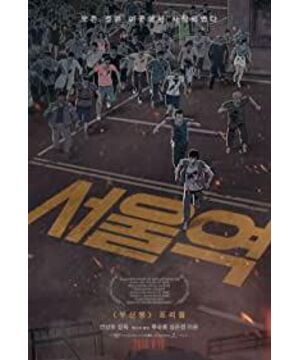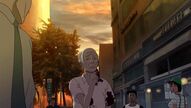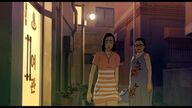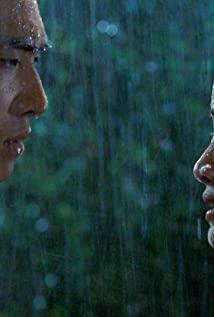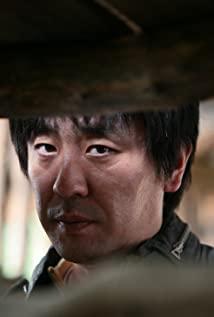watching the movie "Travel to Busan" a few days ago, and I was given the "Seoul Station" by Amway. He said that "Seoul Station" is a prequel to "Train to Busan", and the heroine of the former is the girl who entered the train at the beginning of the latter. After listening to his description, I thought in my heart that this movie is also similar to "Train to Busan". It is a zombie movie that depicts people's growth and tells the inner glory, and by the way, criticizes the main theme of the Korean government.
After reading it, I found that what he said was all nonsense. The girls in "Seoul Station" are not from the next movie at all. They are already corpses, how can they still struggle on the high-speed rail for so long. Also, the plots in the two films have few related parts. To say that these two films are the relationship between the previous work and the sequel is a bit far-fetched. Not only is it far-fetched, the themes of the two films, in my opinion, are completely irrelevant.
The heroine, Hye Sun, didn't go home because of a quarrel with her boyfriend about the rent. It was night, and a zombie riot broke out in the city. Boyfriend Ki-young meets Hye-sun's father and embarks on a journey to find Hye-sun with him. Meanwhile, Hye-sun flees in a frenzy with homeless people and citizens on one side of the city. In the end, Huishan met her boyfriend and learned that her father was the boss of the red light district that Huishan escaped from. The boss killed her boyfriend and wanted to rape Huishan, but was killed by Huishan who turned into a corpse.
The plot of the movie is just that, and it is too simplistic to summarize. The simplicity of the plot has also become a foothold for many people to criticize the film as bad. But with the quality assurance of "Train to Busan", I still have some confidence in the director. The simplicity of the plot must be for some other purpose, such as adding a lot of dark private goods.
The biggest piece of private goods is the satire of the government. The amount of this part of the private goods is so large that some of them even let the actors complain directly in the form of words. During the 1988 Seoul Olympics, the South Korean government's ruthless and even brutal suppression of dissidents seemed to be unforgettable for the South Korean people for a long time. Such remembrance is not uncommon in Korean literary and artistic works. That's why in recent years, we've seen more and more cynicism about the government in Korean films.
A smaller piece of private goods should be a matter of favor in Korean society. Although it is not expressed in a didactic way, it is to make the discrimination between classes manifest everywhere in the behavior. People can really feel that human life is not equal. This kind of feeling is too oppressive and dark, and his uncontrollability either makes people work hard for it, or makes people degenerate in front of it. But what kind of class to choose, only one's own efforts, others will not help, or even suppress, it is already a kind of favor.
Anything smaller, it should be the grayness of the human being. A person can be either a homeless man who grabs a gun to protect himself, or a hero who uses the last bullet to save others; it can be a scum who forces his girlfriend to prostitute himself, or he can be a young man trying his best to protect his girlfriend; It can be a reliable man exuding the brilliance of fatherly love, or it can be a ruthless red light district boss. Unlike "Train to Busan", such a transformation is not a kind of growth, but is determined by the multifaceted nature of a person. It is this versatility that makes people both endearing and terrifying.
There is another, which cannot be said to exist, which is surrender to fate. No matter how good or bad this person's behavior is, the final outcome in the movie failed to achieve good results: the homeless man who wanted to rescue his companions became a zombie, the policeman who pointed a gun at the crowd became a zombie, and the muscular man who helped Huishan Eaten, her boyfriend died, Huishan turned into a corpse, and "Dad" was eaten. No matter what attitude you take to face the world, the results you get are the same. In the face of fate, the role of personal efforts is equivalent to zero.
Counting the private goods of these directors, I found that the film was so dark that it was almost impossible to see a little light. Could it be that at the end of the world, human beings will really become so unbearable?
Quickly pull out "Train to Busan" to wash and soothe my wounded heart.
I also want to warn the director not to let endless darkness fill it just because it is an animation!
View more about Seoul Station reviews


